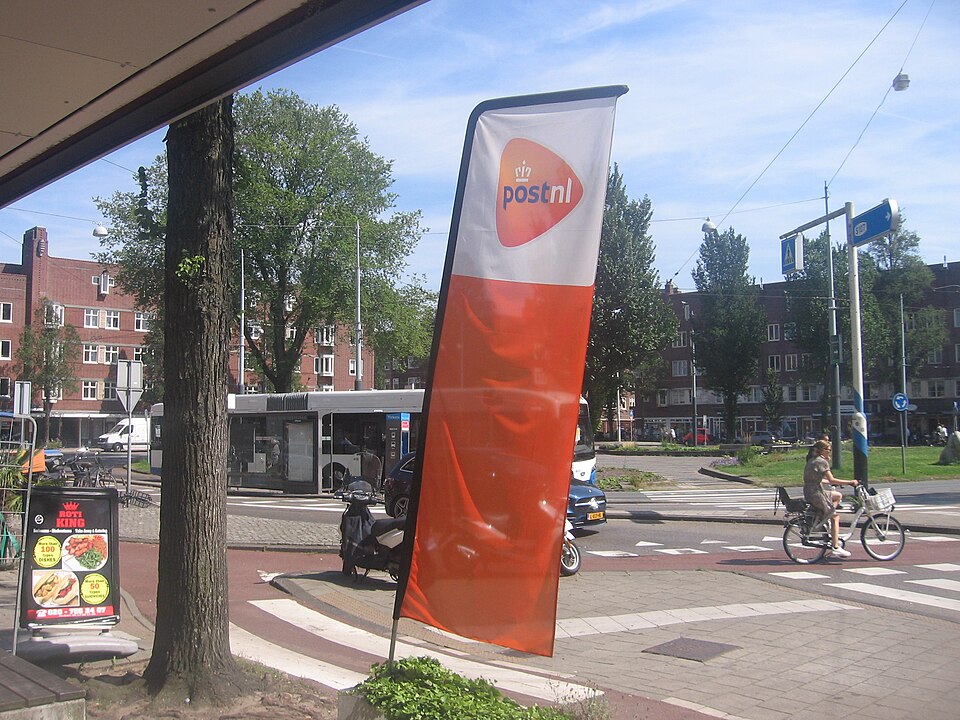
Demissionary Minister of Economic Affairs Vincent Karremans (VVD) has proposed extending the delivery time for standard letters and postcards from 24 to 48 hours, as the Dutch postal sector
grapples with plummeting mail volumes.
Currently, mail is required to be delivered within a day. Karremans’ proposal would allow an extra day for delivery starting mid-2026, although PostNL would still need to deliver mail five days a week—from Tuesday through Saturday.
This initiative revives a similar plan by former minister Dirk Beljaarts (PVV), who previously suggested a 48-hour delivery window. However, Beljaarts withdrew his proposal following strong opposition in the Tweede Kamer, the Dutch lower house of parliament.
Karremans defended the plan, arguing that existing postal laws are outdated. “We’re making postal delivery rules more flexible to ensure service continuity across the country,” he said. He also cautioned that by 2028 or 2029, PostNL might require even more time to deliver mail due to continuing volume declines.
PostNL, the national postal provider, criticized the government’s plan as insufficient and belated. The company warned that, given rising operational costs, it expects continued financial losses and noted that the proposal does not address its core financial challenges.
PostNL CEO Pim Berendsen welcomed the minister’s quick action but criticized the substance of the proposal. “The proposed changes fall short and arrive too late,” he said. The company indicated it would formally object to the government’s earlier rejection of a subsidy request and is considering legal action.
Earlier this year, PostNL requested €68 million in government support to fulfill its universal service obligations for 2025 and 2026. The company argued it should not be required to carry out this statutory duty at a loss. However, Karremans, echoing his predecessor’s stance, denied the request. “It has to be a profitable business,” he stated.
Although PostNL views the shift toward two- or even three-day delivery as a necessary adjustment, it maintains that the current proposal imposes unrealistic expectations and leaves major concerns unresolved. Photo by Zhou Guanhuai, Wikimedia commons.



































